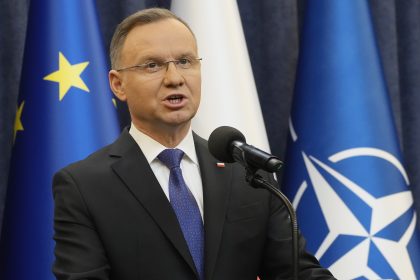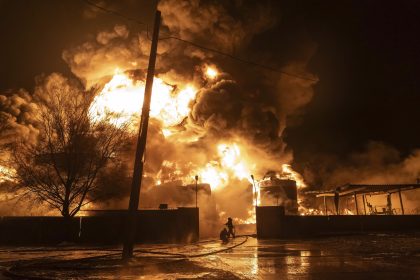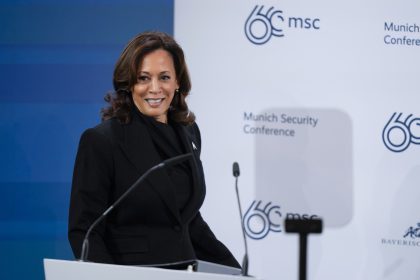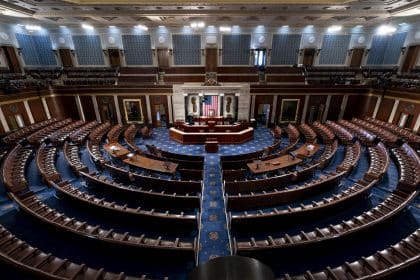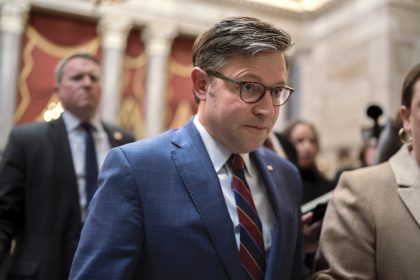9/11 Prompts Reflections On The Legacy of Terror And American Foreign Policy
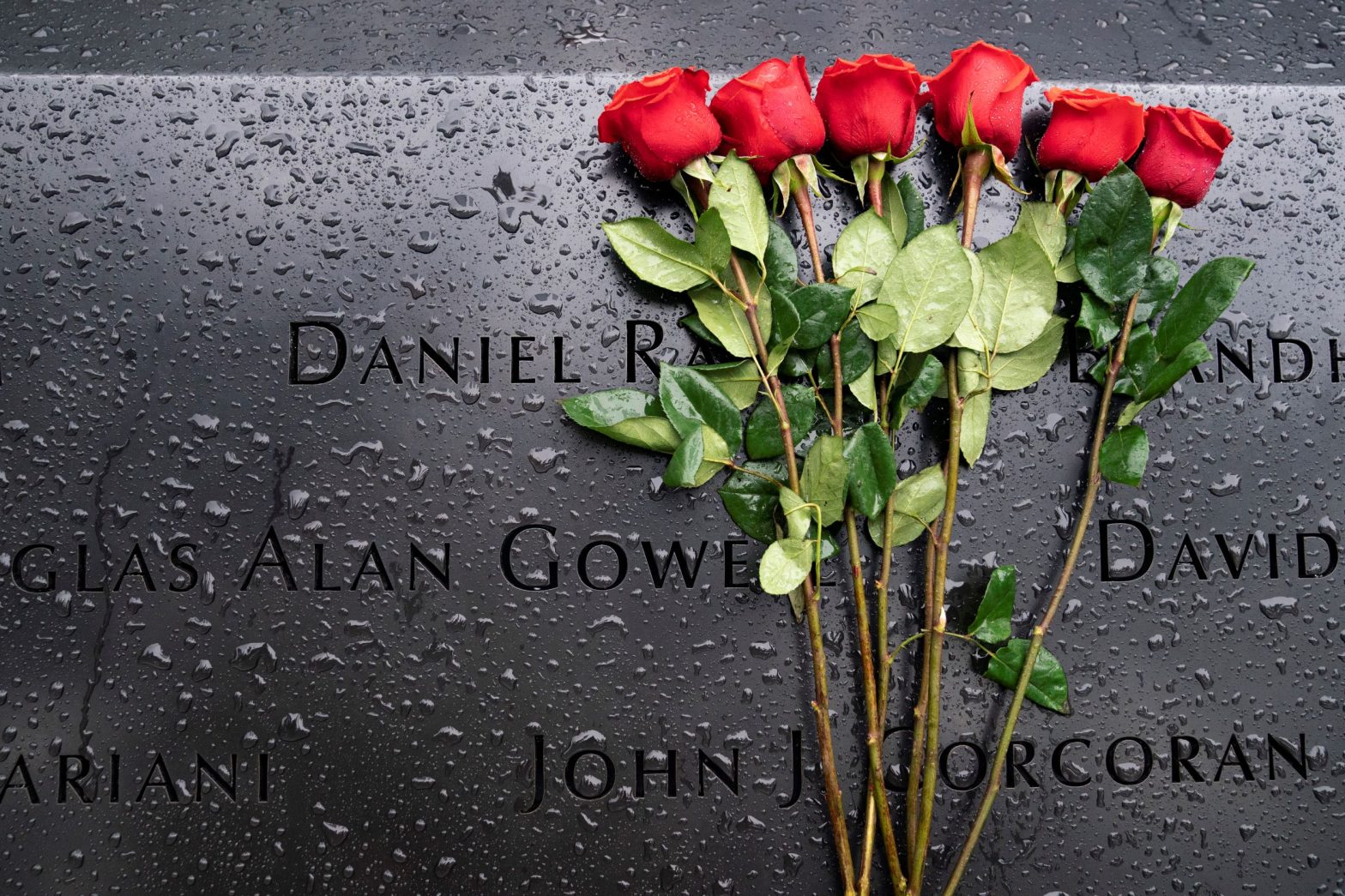
WASHINGTON — Twenty years after the Twin Towers collapsed in flamesand smoke, Americans are reflecting on the lessons they say they’ve learned, in particular on the legacy of the U.S. foreign policy triggered by 9/11.
John Allen, president of the Brookings Institution and a former four-star general with the U.S. Marine Corps who commanded the American forces in Afghanistan, said one of the lessons of the last twenty years was that America wasn’t as good at nation-building as it is at conducting decisive operations, during a retrospective of the lessons and legacies of 9/11 held on Friday morning.
For people like Allen, the pace of the troop withdrawal over the last few months has created a “pell-mell” transition.
Allen said the Obama administration’s decision about ten years ago to transition out of the Afghanistan war was the right one, and that the war had to be turned over to the people of Afghanistan. But he also expressed concern over the Taliban takeover, which he said threatens to “[reinvigorate] the platform of terror” in the region.
“Coming out too fast, in the end, undercut the confidence that Afghan forces had in themselves, certainly the confidence that Americans would stay for the long haul,” Allen said, adding that America has had troops in places like Kosovo, the Sinai Peninsula, and the South Korean Peninsula for generations which has allowed those countries, he claimed, an opportunity to stabilize and to create a functioning economy and “inclusive” governments.
Ryan Crocker, who was an ambassador to Afghanistan from 2011-2012, said he had a “ringside seat” to witness the attacks on 9/11.
“Our allies have learned through hard experience that we don’t have strategic patience and our adversaries have learned to count on it,” Crocker said.
Crocker predicted that the withdrawal will “resonate far outside of Afghanistan,” emboldening the Pakistani Taliban and other “Islamic radicals” around the world.
Members of the American public reportedly share broadly in some aspects of the sentiments expressed by Allen and Crocker.
The majority of Americans have a clear position on Afghanistan: they “endorse” the withdrawal but they find fault with the way the Biden administration handled it, Pew Research Center, a DC think tank focused on public opinion, said.
Polling has shown that a majority of Americans, 54%, still think it was the right decision to pull troops out, according to Pew.
Pew’s data suggests that 69% of American adults say that the country “mostly failed” in Afghanistan, the center said in written materials.
The larger picture of public opinion around foreign policy in the wake of 9/11 reveals that it rallied the country behind the wars in Afghanistan and Iraq, with that support eventually fading, Pew said.
Public trust in the government, buoyed by a 9/11 effect, has declined since the 2000s from things like the government’s mishandling of Hurricane Katrina, they also reported.
What about the memory of the terror attacks themselves?
The suicide attacks continue to have sway on the public mind, but it is less visceral as younger people enter public life, according to Pew data.
Pew’s opinion polling shows that a large part of Americans over thirty, 93% of them, say they can remember where they were, ranking it among the most impactful events of recent memory alongside the Kennedy assassination, according to scholars.
However, a growing percentage of Americans were too young to recall where they were on 9/11 or they hadn’t even been born at that time.
The anniversary has also led to a consideration of what is known by the public about the attacks and their immediate aftermath.
There are still a lot of unknowns for the American public, starting with the identities of those felled in the attacks.
This week, two additional World Trade Center victims were identified by New York medical examiners using DNA analysis of remains found in the wreckage, according to the New York City Office of the Chief Medical Examiner.
About 40% of the victims of the terrorist attacks remain unidentified two decades later, and these were the first new identifications in two years.
Medical examiners are still sifting through body parts to put names to the 1,106 unidentified victims, which Barbara Sampson, chief medical examiner of New York, has described as a “sacred obligation” in written materials.
U.S. President Joseph Biden has also ordered that the FBI’s files about their investigations of the attacks be declassified because, his executive order said, “American people deserve to have a fuller picture of what their government knows about those attacks.”
The declassification orders U.S. Attorney General Merrick Garland and the heads of relevant federal agencies to review the documents over the next six months.


















